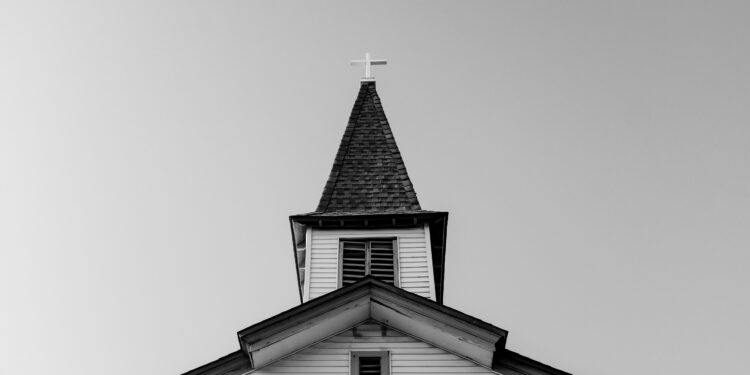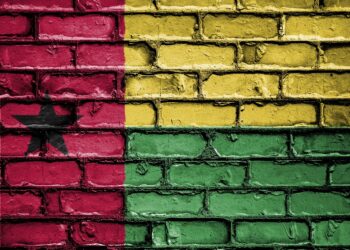The death of President Russell M. Nelson at 101 marks the close of an era defined by profound, yet tightly controlled, change in the Church of Jesus Christ of Latter-day Saints (LDS).
His passing immediately triggers the church’s unique and orderly process of prophetic succession, an event where speculation is largely moot. The next leader is virtually guaranteed to be Dallin H. Oaks, the longest-serving member of the Quorum of the Twelve Apostles—seniority, not electioneering, is the law of the land.
Oaks’s ascendancy, therefore, is not a question of if, but of what kind of presidency it will be. Nelson, the pioneering heart surgeon, surprised observers by being a transformative, yet often contradictory, prophet.
He presided over the seismic, welcome reversal of the 2015 anti-LGBTQ+ policies that had barred the children of same-sex couples from baptism, a move that staved off a deeper crisis of conscience for many members.

Simultaneously, however, his administration tightened restrictions on transgender members and spearheaded a forceful, expensive campaign to abandon the “Mormon” nickname—a move many felt was a needless distraction from more pressing spiritual and social concerns.
The transition to Oaks (a former Supreme Court Justice in Utah and a legal scholar) signals a shift from the surgeon’s pragmatic, focused adjustments to a new presidency likely driven by a strong defense of traditional, legally-grounded principles.
While Oaks is lauded for his “extraordinary modesty” and kind temperament, his public record is one of an unyielding advocate for religious freedom and the traditional family structure. The Church should be praised for its swift, divinely-guided transfer of leadership, but the membership must now brace for a potential slowing of the cultural thaw that Nelson tentatively initiated.
Why It Matters
Nelson’s administration accelerated temple construction and severed ties with the Boy Scouts to design a global youth program, recognizing the faith’s shift: over half of its 17 million members live outside the U.S. and Canada. Yet, the Church’s leadership remains overwhelmingly American and white.
As regards the Oaks Presidency the focus should move from merely building temples to truly decentralizing leadership and authority. This means calling more non-American, non-white Apostles and General Authorities, and granting more explicit autonomy to local Area Presidencies, especially in Africa, Asia, and South America, to adapt Church programs to local cultural needs. The gospel is global, and its administration must reflect that reality.

















